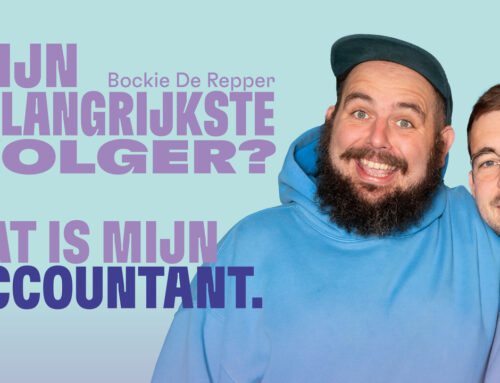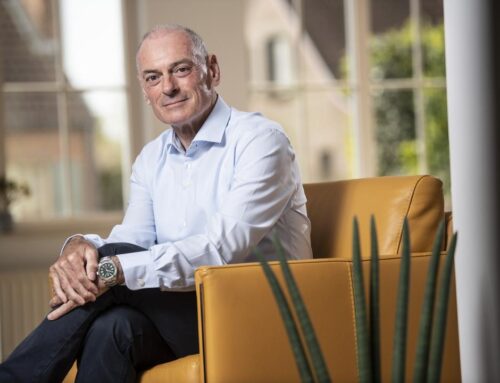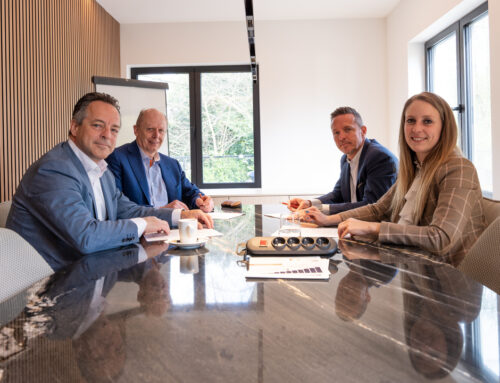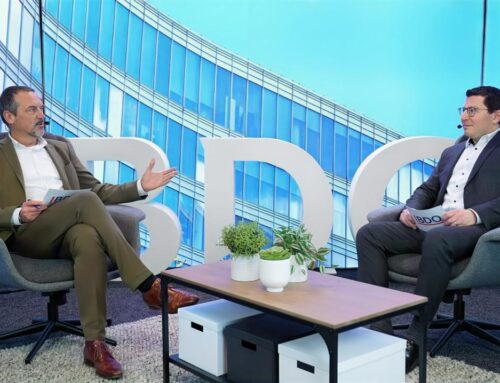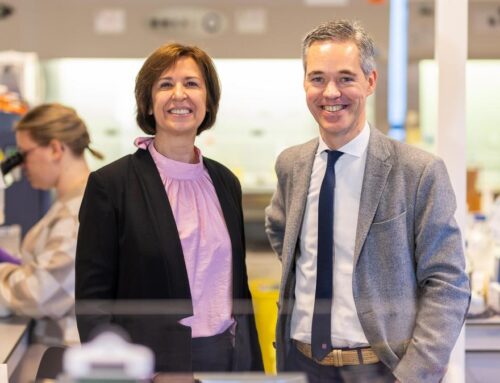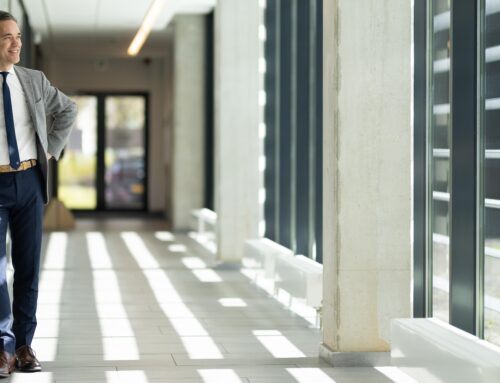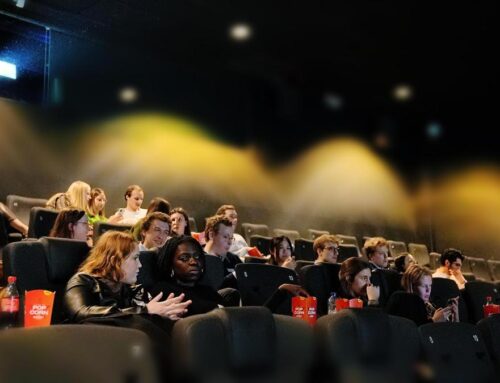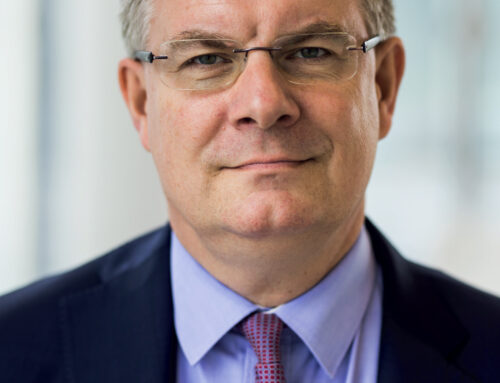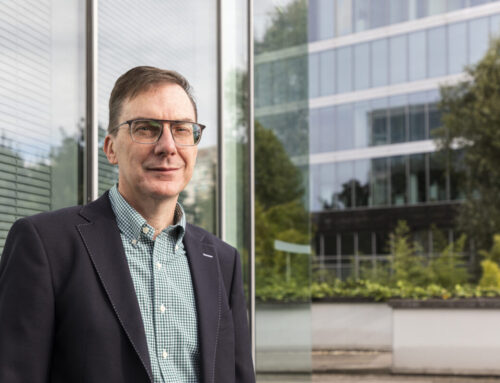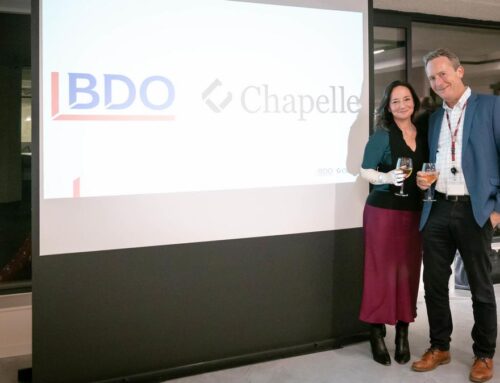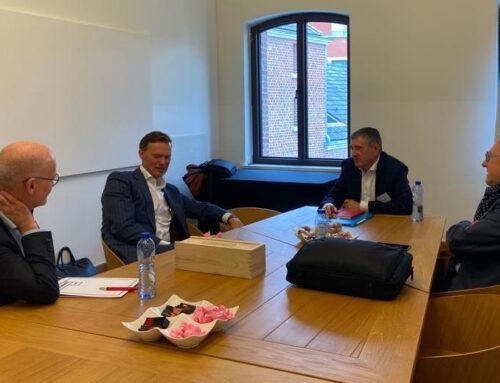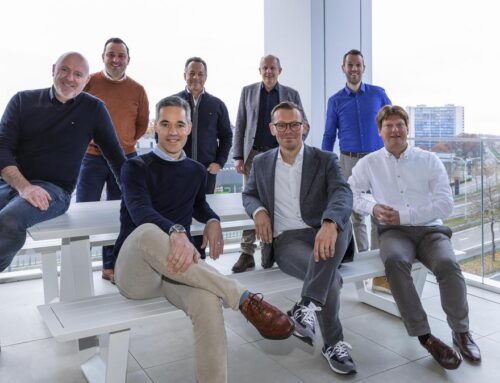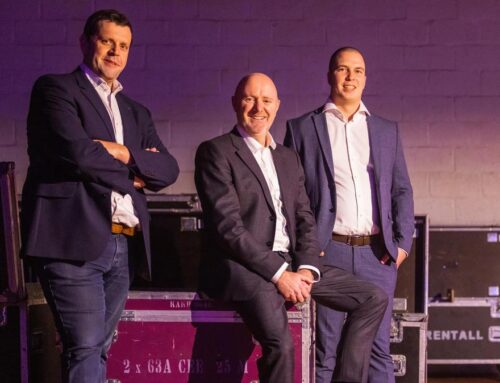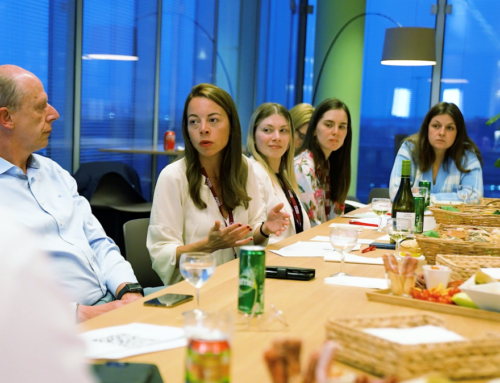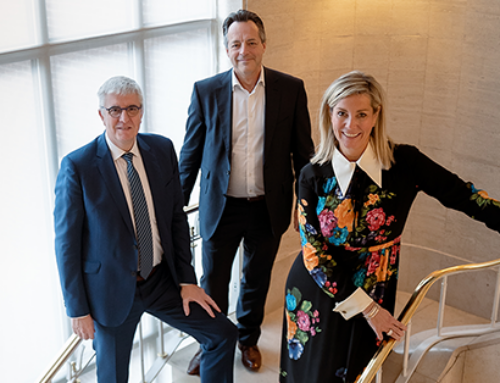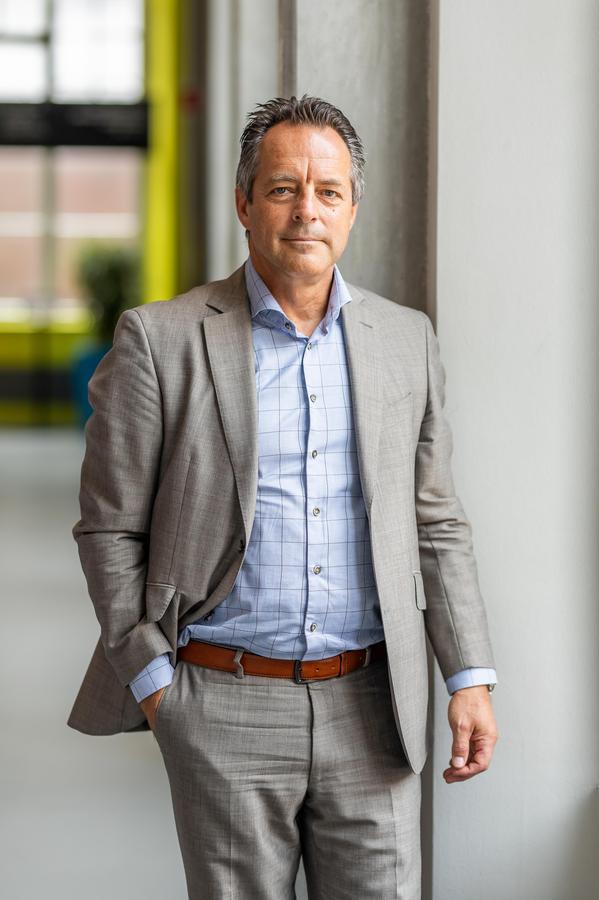
War for wellbeing
Peter Van Laer, CEO BDO Belgium
Doing business sustainably is a very popular theme at the moment. By which I don’t mean trendy or ‘hot’. Instead, sustainable entrepreneurship is fundamentally necessary – and even critical – to the relevance and long-term success of any company or organisation. There is no alibi that exonerates us as human beings from the negative environmental or climate impact that we ourselves are causing. There is only one solution: living differently and doing business in a socially responsible manner, including sustainably. Within the limits of our planet, and with respect for everyone’s well-being.
“An organisation has a social fabric that plays an instrumental role in the mental health of its employees.”
That’s the key word: well-being. People’s well-being is also getting a prominent place in the changing world of work. Even more, it’s increasingly being recognised as a key driver that makes all the difference between success or failure. Ever more candidates prioritise workplace well-being when applying for a job. A veritable ‘war for well-being’ is being waged behind the frontline of the ‘war for talent’. Well-being has become a powerful weapon as you strive to make your employer brand an attractive one, largely because younger generations of recruits prefer employers that really care about how their employees feel.
At BDO, we believe that there is more to well-being than a strategy based on words and the occasional small gesture. It’s an organisational value that we live by, that we apply day in and day out. It gives purpose to what we do. Or as one of our employees put it so succinctly in our second Sustainability Report: “Sustainable business management for me implies that you as an organisation take care of, and actively take action on, the well-being and health of your employees, the society and the planet.”
Social fabric
Indeed, there is more to an organisation than just running a business. An organisation has a social fabric that plays an instrumental role in the mental health of its employees. In other words, whether an employee’s work is meaningful not only depends on salary or job content but also on the connection with co-workers and whether the employee feels understood, appreciated and ‘at home’ in their team, organisation or company. Scientists have found that every human being has 3 basic psychological needs: autonomy, use of competence, and connectedness. When all 3 of these conditions are fulfilled, employees are naturally motivated, feel good about themselves, and perform better.
Mental health has become even more of a priority following the coronavirus pandemic – it’s under pressure now more than ever, particularly because more and more companies are switching to a hybrid working model. The degree of autonomy undeniably plays a role in this new way of working. Matt Mullenweg, the American entrepreneur and founder of Automattic, has developed a 5-level model for autonomy. At level 1, there is no deliberate effort to do things remote-friendly; level 5 is the equivalent of nirvana.
At BDO, we strive for a personal balance between relatedness (working in the office), work-private balance and mobility (teleworking), and proximity to our customers. Everything, from the organisation’s culture down to the physical and technological environment in which the employee works, supports the employee in all aspects of his or her job. Essentially, Mullenweg believes that the ultimate goal has been achieved “when everyone in the company has time for well-being and mental health, when people do their best and use all their creativity to do the best work of their careers, and just have fun.”
However idealistic this goal may seem at first glance, in my experience the pursuit of it is just as stimulating and constructive. For the well-being of both the employees and the organisation.

